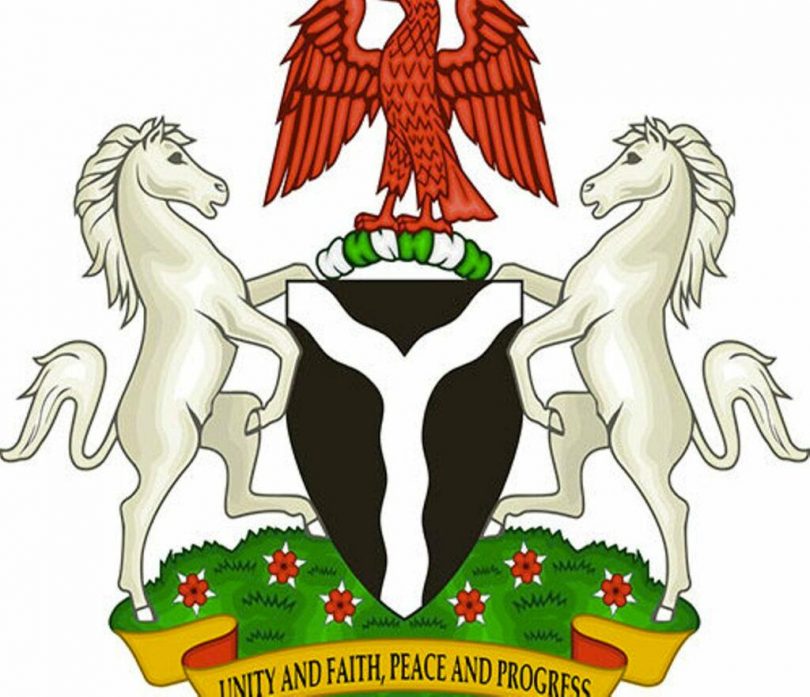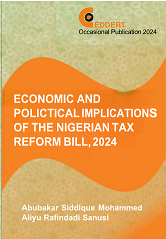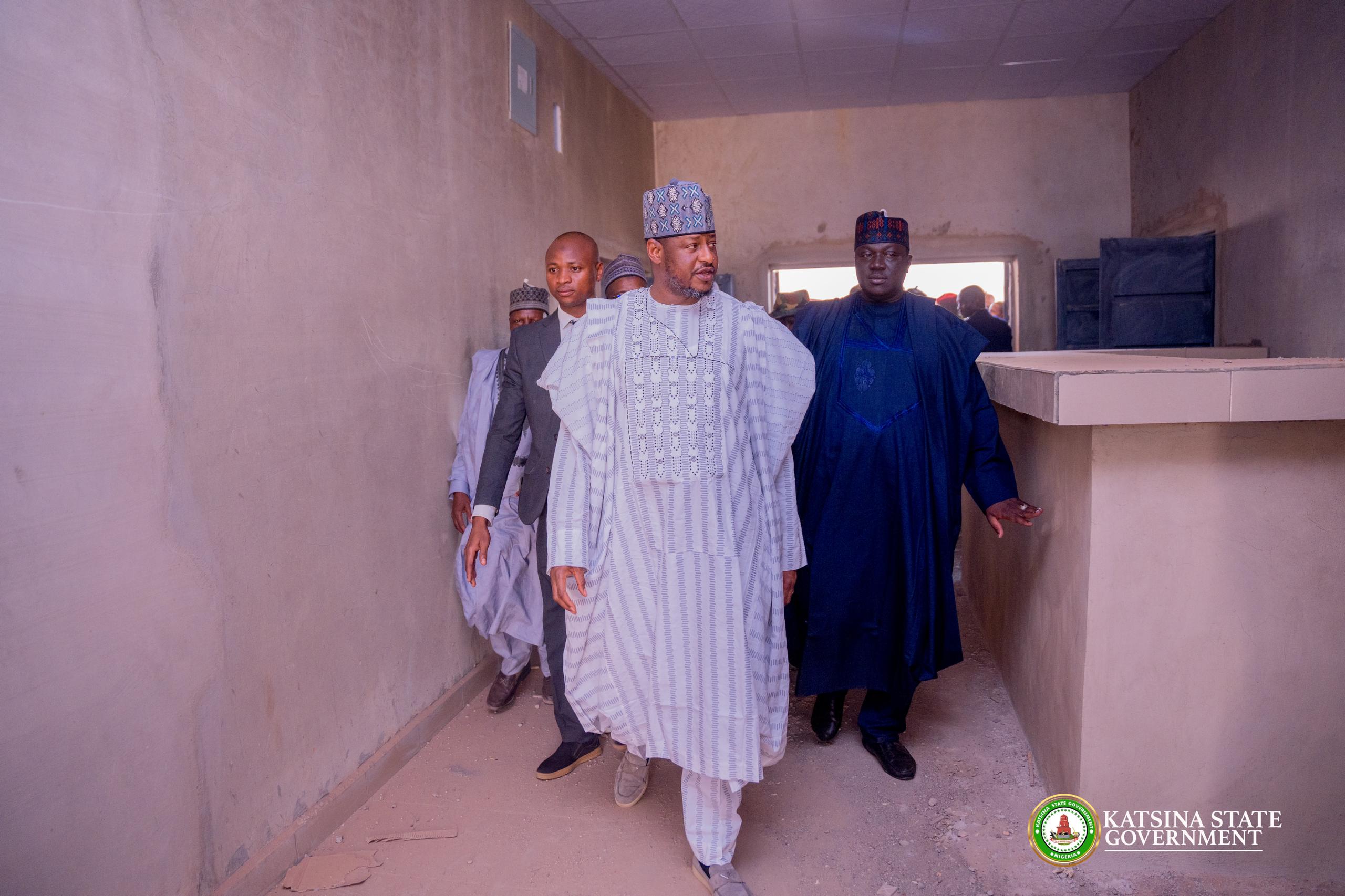Hardship: Pressure mounts on FG to review economic policies

- Sulaiman Umar
- 12 Feb, 2024
- 548
Concerned groups and individuals across the country have called on the federal government to rejig its economic policies with a view to addressing the current hardship that has engulfed the land.
Nigerians, especially low income earners are finding it difficult to cope with their daily existence amidst soaring food prices, rising cost of living and diminished purchasing power.
The situation is compounded by insecurity, typified by rising cases of banditry, kidnapping and mindless killings of unarmed Nigerians in many parts of the country.
A foreboding atmosphere of fear and despair appear to have enveloped the land in all flanks, prompting fears of possible breakdown of law and order if the hardship continued unabated.
Already, the economic hardship had sparked protests in Niger, Kano and Osun states last week and there were fears on Sunday that the protests might spread to other states if the situation is not ameliorated.
Calls for a reevaluation of government policies and a plea for relief from economic hardships have continued to echo nationwide.
Reacting to the worsening hardship, the National Association of Social and Resourceful Editors (NASRE), has emphasised the need for specific blueprints to address inflationary pressures and revitalise the economy.
NAERE said the complex interplay of policy reforms, notably the removal of fuel subsidy and the unification of exchange rates, has occasioned a new era of financial struggle for many Nigerians, creating a multi-faceted crisis that requires a comprehensive exploration.
The removal of fuel subsidy in June 2023 acted as a catalyst, triggering a domino effect on the prices of goods and services.
“Entrepreneurs have also expressed the ripple effect on their businesses. Increased fuel prices translate to higher production costs, forcing them to raise prices and, subsequently, face a decline in patronage.
“The subsequent surge in prices has affected various sectors, from food and transportation to education and small businesses.
“The markets that were once bustling with activity are now eerily quiet due to reduced patronage caused by a sharp decline in purchasing power across social strata.
“For instance, Nigeria battles with a record high inflation rate of 28.92 per cent in December 2023, from 28.20 per cent in November. It has recorded food inflation rate of 33.93 per cent, which is driven by increases in prices of staple food items such as oil and fat, meat, bread and cereals, tubers, fish, milk, cheese, and eggs”
“The latest global hunger index report has ranked Nigeria 109 out of 125 countries as one of the countries with the hungriest population in the world. The report showed that Nigeria is below countries such as Sudan, Zimbabwe, DR Congo, North Korea and Guinea,” it noted.
The body of Editors said the complexities of the present economic crisis demand a comprehensive response, blending short-term relief measures with long-term structural reforms.
Also, another group of northern stakeholders at the weekend, lamented the growing thrend of hunger and insecurity in the region.
The group, under the aegis of Arewa New Agenda (ANA), met in Abuja to review the scourge of poverty and hunger as it affects northern Nigeria and its people.
Led by a former Secretary to the Government of the Federation (SGF) Yayale Ahmed, the group also parades former Governors Isa Yuguda ( Bauchi), Sani Yerima (Zamfara) and a former senator, Jonathan Zwingina among its members.
The group noted the alarming poverty index in the north, saying the situation has continued to breed illiteracy, disease and a lack of understanding among key ethnic and religious leaders leaders in the region.
Yayale, in said in his address, “We are moving forward to tackle poverty in Northern Nigeria headlong and our dear nation as a whole. This is the mandate for ANA with the common vision of one Arewa, one voice, one Agenda of saving our people from abject poverty.”
Skirting around the key issue of hypocrisy of the northern elites over the years, the ANA said “the present society thrives on lies”.
On his part, the Methodist Bishop of Sokoto Diocese Rt Dr Ishaya Kunama challenged the Northern elites to stop being sycophants and face the reality that prayers are no longer tenable in the current reality of Nigeria’s level of corruption, insecurity nepotism and unemployment.
He called on leaders to be proactive and adopt the practicable approach in bringing all that is feasible as the only way the region could grow above the poverty level.
Kunama said, “I no longer pray to God for Nigeria to be corrupt-free. I always ask God to give me the idea to contribute my quarter as a solution to our problems. We have prayed enough day in and day out. All we need to do now is to change the narrative by being more practical in our approach to the nation’s problems than being prayer warriors still expecting answers.”
Also, civil war veteran, Captain Ahmed Adoke (rtd) has warned the federal government that the rising foodstuff prices and bitting hardship could compound insecurity unless it is quickly curbed.
He pleaded with the federal government to rise up to the challenges and address hunger before things get out of hand.
Adoke, who is also a human rights activist and public affairs commentator, issued the warning in Abuja through a press statement at the weekend.
In the statement, titled, ‘Save the soul of Nigerians’, Adoke expressed concern over the astronomical rise in the prices, noting that government was not doing enough to stem the tide.
Warning that government must not treat the issue of hunger lightly, Adoke said leaders must note that “a hungry man is an angry man”.
Adoke urged those in government to consider the pitiable condition of poor Nigerian masses who attend the same market with the rich and those in high positions.
He noted with concern that the palliatives being distributed by governments at all levels neither reached the masses nor cushioned the biting effects of subsidy removal.
Adoke also called for a review of government’s economic policies to ameliorate the hardship being experienced by Nigerian.
Culled from Daily Times Nigeria





